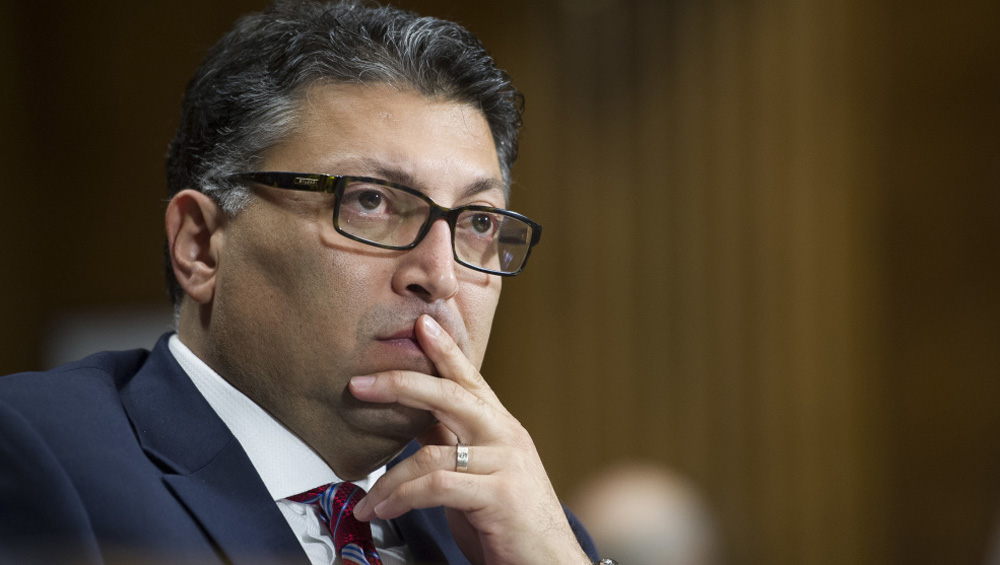
The Justice Department says there needs to be further review of two music licensing consent decrees that allow music users to secure a blanket license for rights rather than having to negotiate individually for them. That is according to Justice Antitrust Chief Makan Delrahim in remarks at a Vanderbilt University Law School virtual event, “The Music Industry and Antitrust Law.” He said there remain issues that still need to be worked out.
Collins | Music Rights: A Complicated Composition

In today’s music licensing scenario it’s not clear who owns a piece of music, or which performance rights organization each copyright owner is affiliated with. The lack of a competitive marketplace with ASCAP and BMI remains a sticking point and it’s sure this conversation is only just beginning to heat up.
DOJ Extends ASCAP-BMI Comments Deadline

The Department of Justice’s Antitrust Division is reviewing the antitrust consent decrees that govern ASCAP and BMI — the decrees that require that these performing rights organizations treat similarly situated licensees (and artists) in the same way and that allow a court to review the reasonableness of the rates that ASCAP and BMI propose. Those comments were initially due tomorrow, July 10, but the DOJ announced on its website that the comment deadline has been extended until Aug. 9.

For more than 75 years, the decrees have governed the process by which these two organizations license rights to publicly perform musical works. Justice says the review is to determine whether the decrees should be maintained in their current form, modified or terminated.
ASCAP And BMI Consent Decrees Under Review

In the last few weeks, the press has been buzzing with speculation that the Department of Justice is moving toward suggesting changes in the antitrust consent decrees that govern the operations of ASCAP and BMI. Those consent decrees, which have been in place since the 1940s, among other things require that these performing rights organizations treat all songwriters alike in distributions based on how often their songs are played, and that they treat all services alike with users that provide the same kind of service all paying the same rate structure.
A U.S. federal appeals court on Tuesday ruled that music licensing giant BMI did not have to abide by the Obama administration’s more restrictive interpretation of how royalties should be collected. The decision dealt a setback to the Justice Department’s effort to require BMI and ASCAP, to license music to digital streaming services, radio and television stations, bars and other music users only if they could issue a “full-work” license.
Performing rights organization ASCAP today appointed media executive Stephanie Ruyle executive vice president and head of licensing, reporting directly to ASCAP CEO Elizabeth Matthews. As a member of ASCAP’s leadership team, Ruyle will be […]
The move is designed to increase ownership transparency in performing rights licensing.
DOJ Will Not Change ASCAP-BMI Decrees
Siding with music users, the Justice Department concludes that the consent decrees call for “full-work” — rather than “fractional” — music licensing. ASCAP and BMI head to court and Congress.
Today, ASCAP, the American Society of Composers, Authors and Publishers, announced the promotion of Lynne Lummel to EVP of its newly created Transformation Management Office (TMO). In her new role, […]
NAB Show attendees get a rundown of what new misic licensing contracts from BMI and ASCAP will mean for broadcasters.









































